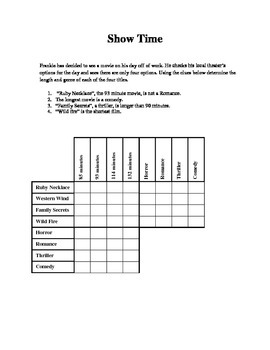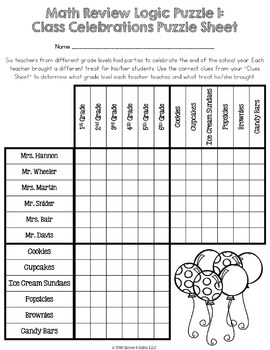

The statement “The moon has no air if, and only if, Rome is in Italy,” is also true, as both parts of it are true. So, if you make a statement such as “the moon is made of Gorgonzola if, and only if, Rome is in Russia,” then you have made a true statement, as both parts of it are false. If one is true and the other is false, you have a false statement. In logic, there is a commonly used function often written as “iff,” which means “if, and only if.” It would be used to say something like “The sky is blue if and only if Des Moines is in Iowa.” It is a powerful tool, as it gives a true statement only when both of its components are true or both are false. George Boolos’ solution focuses on finding either True or False through complex questions. Give yourself a minute to ponder this we’ll look at a few answers below. You do not know which word means which.”īoolos adds that you are allowed to ask a particular god more than one question and that Random switches between answering as if they are a truth-teller or a liar, not merely between answering “da” and “ja.” The gods understand English, but will answer all questions in their own language, in which the words for yes and no are da and ja, in some order. Your task is to determine the identities of A, B, and C by asking three yes-no questions each question must be put to exactly one god.

True always speaks truly, False always speaks falsely, but whether Random speaks truly or falsely is a completely random matter. “Three gods A, B, and C are called, in no particular order, True, False, and Random. One of the more popular wordings of the problem, which MIT logic professor George Boolos said was the hardest ever, is: He also found the time to appear on Johnny Carson, where, as in many of his books, he argued that people who like his puzzles claim to dislike math only because they don’t realize that they are one and the same. Besides his interest in logic, he also admired Taoist philosophy and published a book on it for a general audience. He was also an accomplished pianist and an amateur astronomer who built his own telescope.

Logic world problems professional#
Skilled in close-up magic, Smullyan once worked as a professional magician. His puzzle books are well regarded for introducing people to complex philosophical ideas, such as Gödel’s incompleteness theorems, in a fun and non-technical way. Born in New York 101 years ago, Smullyan earned his undergraduate degree at the University of Chicago and his doctorate in mathematics at Princeton, where he also taught for a few years.Īn extremely prolific writer, he published several books on logic puzzles for popular consumption and an endless stream of textbooks and essays for an academic audience on logic. This puzzle was written by the brilliant logician Raymond Smullyan. Today, we’ll look at a puzzle, the polymath who devised it, and why you should consider picking up a book of logical puzzles next time you are at the library. Gleefully ignorant of this fact, many mathaphobes will try to solve riddles and puzzles of tremendous difficulty using reasoning tools they fear to employ when the subject is an equation.

This is strange, as many logic puzzles are just variations of math problems. Despite the general dislike of mathematics that most profess to have, many people enjoy logic puzzles.


 0 kommentar(er)
0 kommentar(er)
